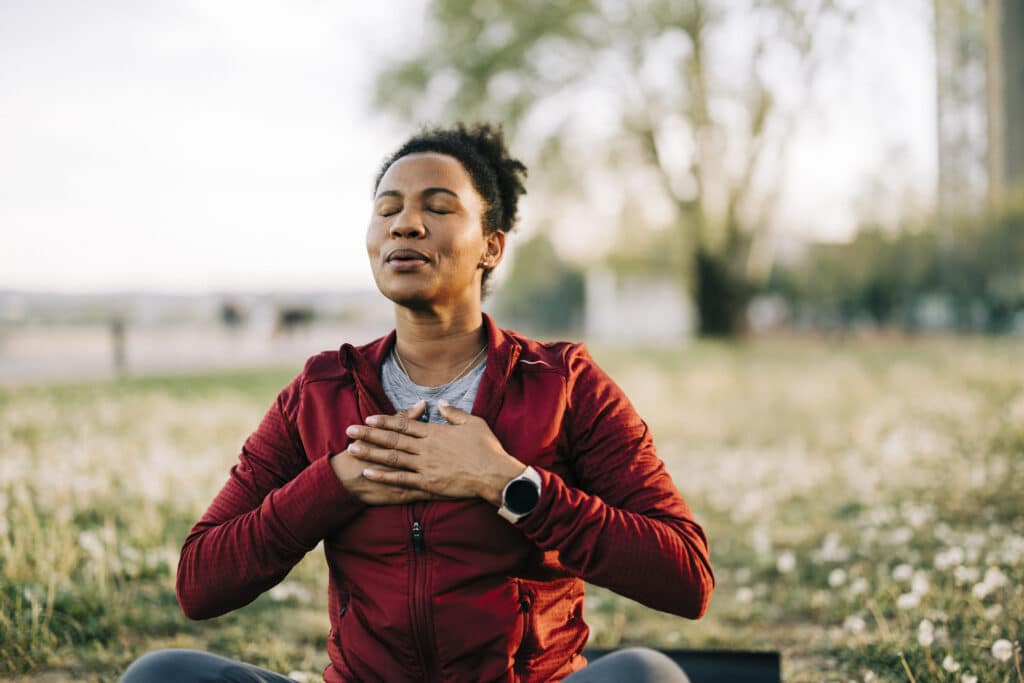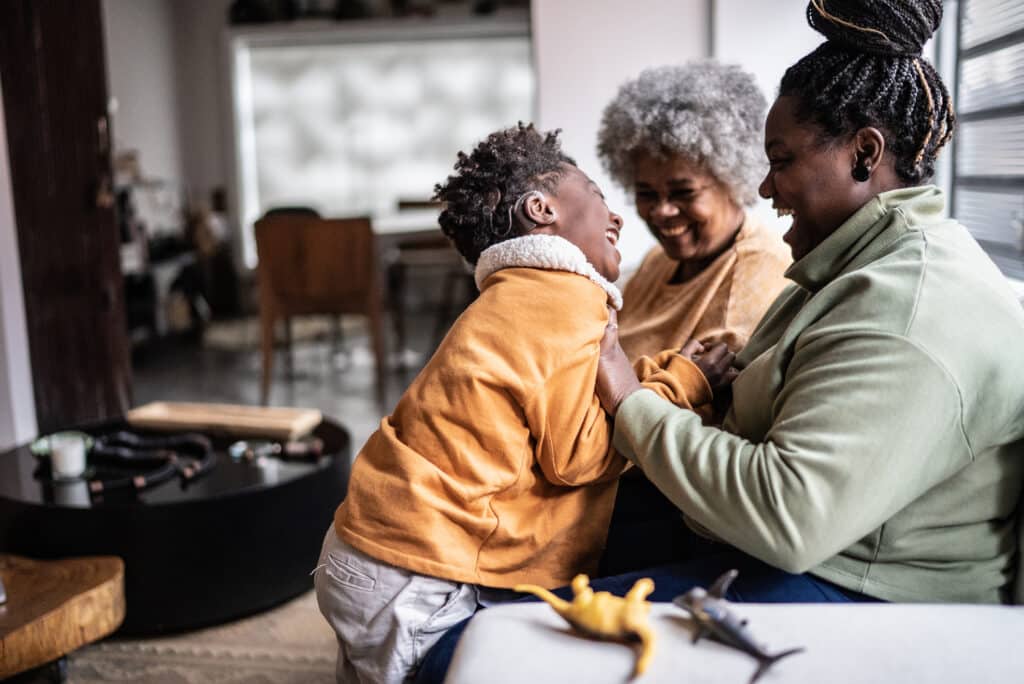Taking the stairs instead of the elevator. Skipping a friend’s birthday party to stay home alone. Saying no to a trip that involves air travel. There are plenty of good reasons to make any of these choices. You might want to get some exercise, catch up on sleep, or save money.
Yet for many people with post-traumatic stress disorder, or PTSD, these can also be avoidance behaviors. It may seem innocent enough to steer clear of things that you fear might trigger PTSD symptoms. It can also be a major way of coping.
Avoidance is a core symptom of PTSD in itself. In fact, avoiding things is part of the criteria for diagnosis. And while going out of your way to avoid certain thoughts or reminders may make you feel like you’re doing fine, it can actually make symptoms worse.
A sneaky symptom
Changing your life or your routine to avoid certain things can be easy to hide. You might even tell yourself that it’s no big deal if you:
- Walk or drive the long way to avoid the site of a traumatic event
- Stop watching news or using social media because of upsetting stories or posts
- Drink alcohol or use substances to avoid thinking about what happened
- Skip social events where somebody might say something that makes you angry
- Avoid certain places, like elevators or airplanes that feel confining
- Avoid crowded or wide-open places, like big stores
Avoidance behaviors may help you get through the day. And they may make it hard to pinpoint PTSD symptoms. But they won’t likely help you to heal from your trauma.
Recognizing the cost
Avoidance is a little like being stuck out at sea and treading water. It may be the easiest way to stay afloat. But it won’t get you back to shore. And over time, you’ll get more and more tired.
Over time, many people with PTSD find themselves avoiding more and more things. You might go from feeling nervous driving on the highway to never driving on the highway. Gradually you might stop driving altogether.
There can be real impacts to avoidance. It can strain your social relationships, limit your job or career options, and harm your health.
How to get your life back
To learn to cope with symptoms in a lasting way, PTSD treatment is the answer. Freespira is a treatment that’s FDA-cleared to relieve PTSD symptoms in just one month without meds or doctor office visits.
Everything you need to complete the Freespira treatment is sent to your doorstep. The treatment can be done right at home on your schedule with the help of a virtual coach.
See if Freespira is right for you. Take our online symptom assessment.



